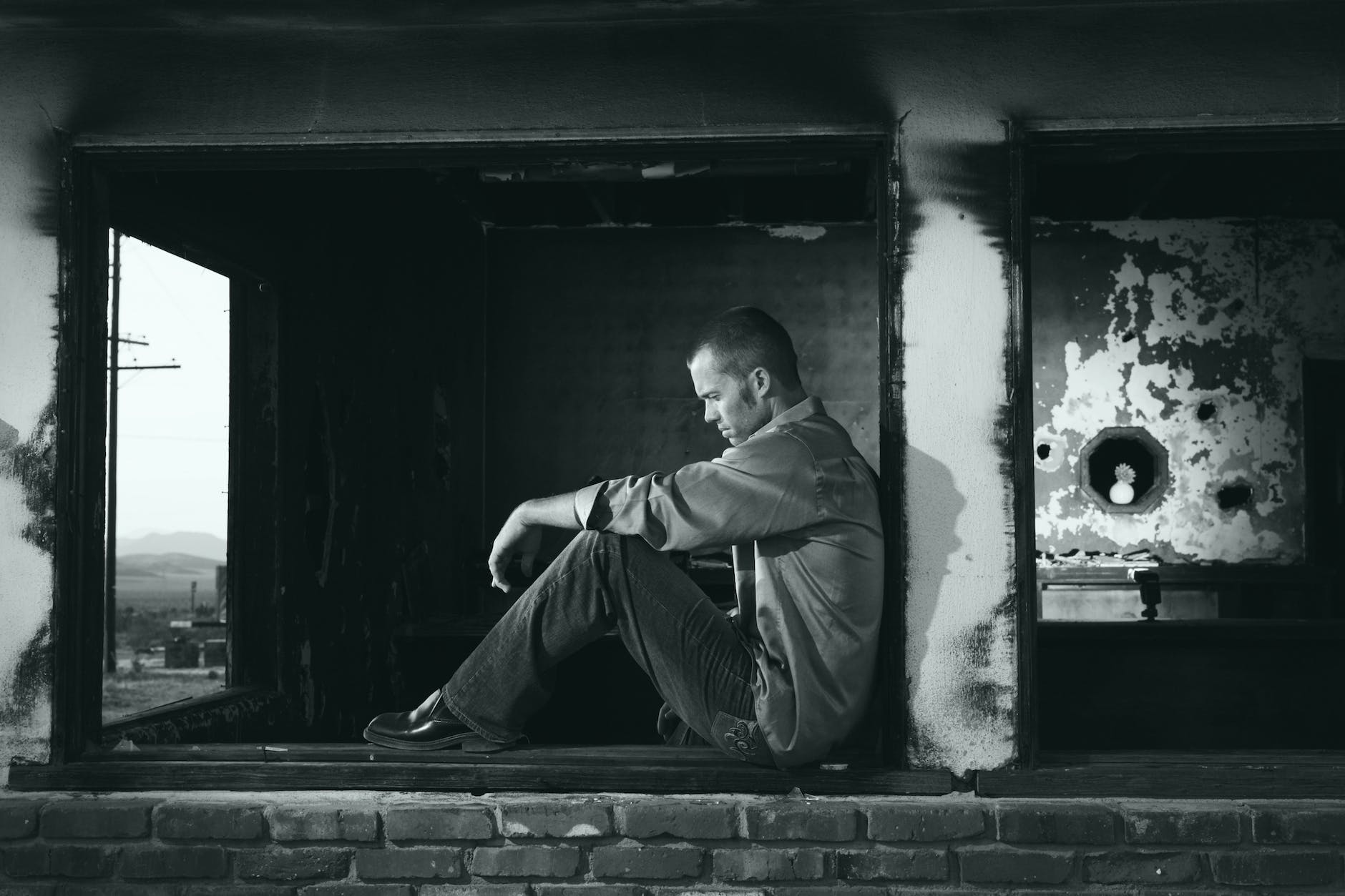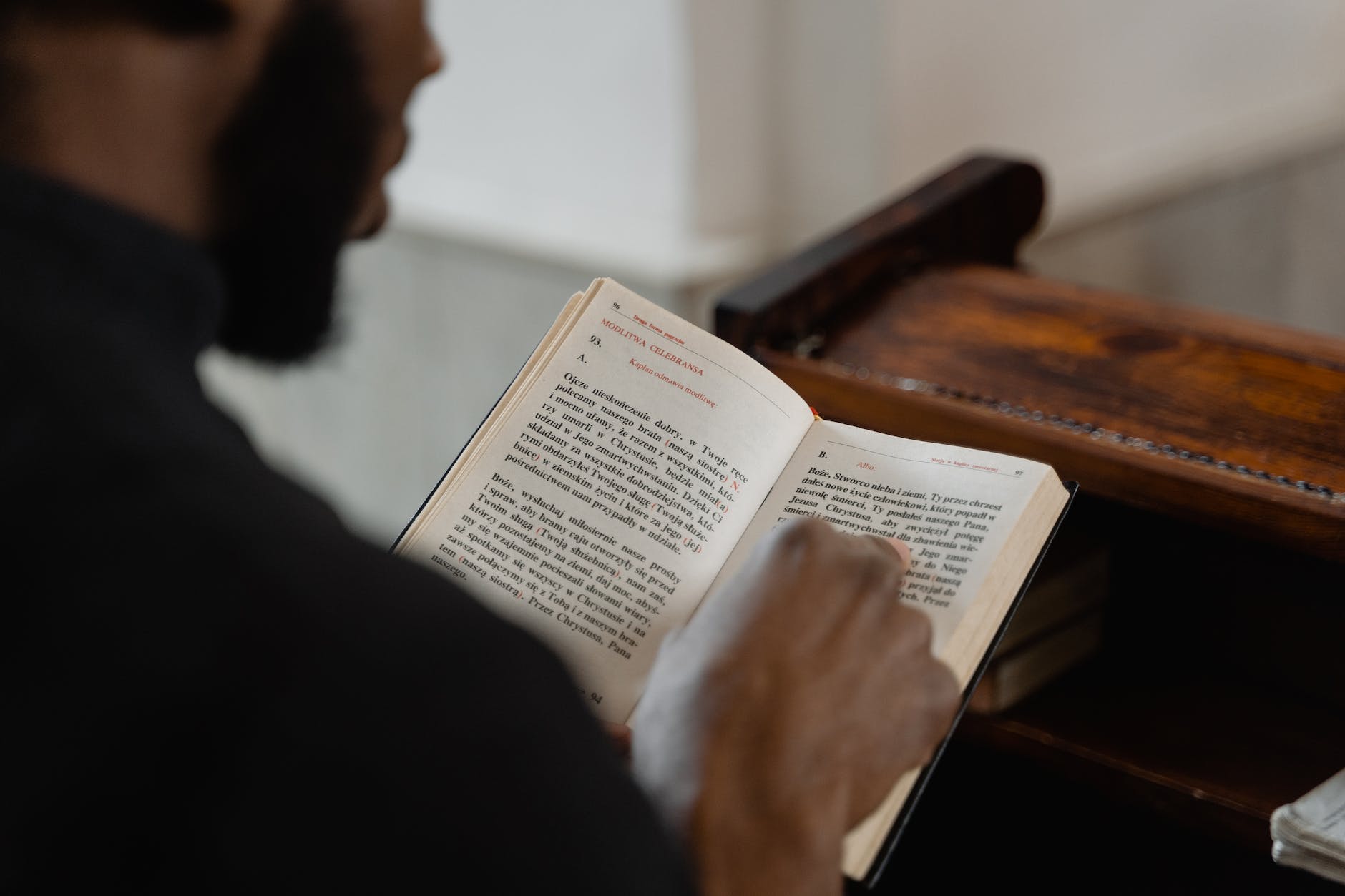Faith-Empowered Bible Verses That Can Help Support Recovery and Life Transformation
Step 12: Having had a spiritual awakening as the result of these Steps, we tried to carry this message to alcoholics and to practice these principles in all our affairs.
James 5:19-20 – Twelve-Step Recovery Hinges on Helping Others
19 My brothers and sisters, if anyone among you strays from the truth and someone turns him back, 20 let him know that the one who has turned a sinner from the error of his way will save his soul from death and cover a multitude of sins.
There is a special place for people who work to help save others from destructive situations. Especially if the conditions are self-inflicted, which this verse indicates in the words “strays from the truth.”
These are the last words of the Book of James in the Bible. It summarizes everything in the book to help the new believers in Christ not “stray from the truth.” The Book of James is the first written instruction to the Church as the first New Testament Book, which is why it was written.
There is a special place for people who work to help save others from destructive situations.
To achieve James’s goal in writing all of this, people would have to pass the messages of the Book of James on to other people. The evidence is that that people did. We still have it to read today.
That is our call to action in Step Twelve. Use the message we have received to save other people with similar journeys and challenges.

Hebrews 13:16 – Recovery Give it Away to Keep It
16 And do not neglect doing good and sharing, for with such sacrifices God is pleased.
This is a direct instruction not to neglect to do good and share what you have learned through experience and growth. In recovery circles, folks tell us, “We have to give it away to keep it.”
A man named Joseph Joubert said: “To teach is to learn twice over.” With the idea that teaching someone else is another kind of learning. I have found that any time you work to teach someone something you have learned, the teaching becomes a higher level of understanding for you as the teacher. Teaching is a fantastic teacher when you have to explain to someone else what you think you know. Just explaining is a great teacher, and then the students start asking questions which are also great teachers as you work to generate answers. Then you hit some tough questions, and in all of this, you begin to see what you don’t yet know about the subject, which can be one of the most outstanding teachers if you look to answer those questions.
But we are not just referring to talking to someone about your faith or recovery or even just teaching a class. We are talking about getting into the trenches, involving them in the same process, and having them learn by experiencing, witnessing, and from a teacher.
Benjamin Franklin said this: “Tell me, and I forget. Teach me, and I remember. Involve me, and I learn.”
Do not neglect doing good and sharing
That is Step Twelve. With another person’s active involvement, your teaching will also teach and grow you. Helping someone else’s faith and recovery grow is a huge part of helping your faith and recovery grow.
As we have seen in this passage from Hebrews 13, it is also something we are instructed to do. We are now on the basis of relying on and trusting God, and he has said this is something for us to do as well.
PRACTICAL EXPERIENCE shows that nothing will so much insure immunity from drinking as intensive work with other alcoholics. It works when all other activities fail. This is our twelfth suggestion. Carry this message to other alcoholics! You can help when no one else can.
Alcoholics Anonymous pg. 89
For the founding members of Alcoholics Anonymous, which are the source of all things Twelve Steps everywhere, this was one of the most beneficial activities in recovery. This is a pivotal part of the recovery journey but can be challenging.
There are enormous challenges and often some huge disappointments. In the passage from Hebrews 13, “doing good and sharing” is described as a sacrifice. A sacrifice that makes God pleased. The last step in the Twelve Step Programs and the final statement in the Book of James are hinged on the idea that this is the point to finish on. The idea of working to save the lives of others is ending instruction as you launch on the lifelong journey of faith and, for us specifically, the lifelong journey of recovery.
It works when all other activities fail.
This is noted as something that will help us when nothing else will. This sacrifice will bring you closer to God’s power in a special way. The founding members are saying here that this closeness to His power is one of the most powerful things you can have when you are struggling with sobriety or in other ways.

Proverbs 18:12 – Humility Avoids Destruction in Recovery
Before destruction the heart of a person is haughty, But humility goes before honor.
Proverbs 18:12 New American Standard Bible
“Haughty” is arrogant or proud. That is one way to be, but humility is a key to or, as we have discussed previously in other articles, James 4:10 says that if we humble ourselves in the sight of the Lord, He lifts us up.
We have also previously discussed James 4:6, that God opposes people with pride but gives “grace” to people who demonstrate humility.
Pride is the key to cutting off the flow of God’s power that He wants to give us, and we are learning to live off of. Humility is the key to our more profound connection with that power that provides love, joy, peace, and what we need for sobriety.
Whatever our protestations, are not most of us concerned with ourselves, our resentments, our self-pity?
Selfishness – Self-centeredness. That we think, is the root of our troubles.
Alcoholics Anonymous pg. 62
As a review, selfishness, and self-centeredness are central problems at the root of our other problems. That means that true humility is a necessary component of recovery. As we have learned from the Bible passages, humility is central to our connection to God’s power, which is the source of our recovery.
To be vital, faith must be accompanied by self sacrifice and unselfish, constructive action.
Alcoholics Anonymous pg. 93
The faith needed for recovery requires unselfish action, and working with others is literally that. All of this is the reason this step is so central to recovery.
The faith needed for recovery requires unselfish action.
However, working with others is not just telling them recovery stuff and hoping they find a magic way to get better. It is a commitment to help at all costs without somehow becoming another codependent enabler that can be manipulated. This will require incredible sacrifice and time.

Acts 20:35 – Recovery and Faith Ask us to Help the Weak.
35 In everything I showed you that by working hard in this way you must help the weak and remember the words of the Lord Jesus, that He Himself said, ‘It is more blessed to give than to receive.’”
Acts 20:35 New American Standard Bible
In context, the passage is speaking of working hard so you can help the weaker without living off of them, but there is also an application of this passage that can be interpreted as working hard directly for the “weaker.” That is what we have to do.
We must be willing to work hard with this idea of “working with others.”
Helping others is the foundation stone of your recovery. A kindly act once in a while isn’t enough. You have to act the Good Samaritan every day, if need be. It may mean the loss of many nights sleep, great interference with your pleasures, interruptions to your business. It may mean sharing your money and your home, counseling frantic wives and relatives, innumerable trips to police courts, sanitariums, hospitals, jails and asylums. Your telephone may jangle at any time of day or night. Your wife may say she is neglected. A drunk may smash the furniture in your home, or burn a mattress. You may have to fight with him if he is violent. Sometimes you will have to call a doctor and administer sedatives under his direction. Another time you may have to send for the police or an ambulance.
Alcoholics Anonymous pg. 97
That is a much clearer picture of the commitment required to sustain recovery, especially in the most challenging times we will all encounter.
Helping others is the foundation stone of your recovery. A kindly act once in a while isn’t enough.
This is a severe level of commitment to recovery, commitment to God, and commitment to others. That is the humility that is the opposite of the selfishness and self-centeredness that is the root of our problem. More freedom from selfishness means a higher level of unselfishness. It is easy to say you are unselfish, but this is an unselfish way of living. Being kind or “a good person” is not living a deeply unselfish life. Being deeply committed to helping others is living a deeply unselfish life.

Matthew 20:26-28 – Recovery and a Faith Walk Both Require Serving Others
26 It is not this way among you, but whoever wants to become prominent among you shall be your servant, 27 and whoever desires to be first among you shall be your slave; 28 just as the Son of Man did not come to be served, but to serve, and to give His life as a ransom for many.”
This is part of an exchange where the disciples of Jesus wanted to honestly know what they had to do to be the greatest in his eyes after a couple of them asked to be treated as the greatest.
This is a massive lesson for us in recovery and faith circles. The way the Bible describes it is that the ones who are the greatest are the ones who are the greatest servants to others. We have many reasonably good ways to judge the greatest in different environments.
Be at the place where you may be of the maximum helpfulness to others,
In a recovery environment, it may be the person with the longest sobriety time or the most knowledgeable. Maybe it is the one who can verbalize the most profound-sounding recovery statements or has the most worn-out-looking recovery book.
Your job is to be at the place where you may be of the maximum helpfulness to others, so never hesitate to go anywhere if you can be helpful.
Alcoholics Anonymous pg. 102
Your job is to be of maximum helpfulness to others. The more a person lives that out, the more that person is in line with the core of the Twelve Steps and the core of Jesus’ teachings. That is how you find the greatest in both recovery and faith environments; you look for the person who lives a life of maximum helpfulness to others.

1 Peter 4:10 – Recovery is a Gift you Give Away to Keep
10 As each one has received a special gift, employ it in serving one another as good stewards of the multifaceted grace of God.
1 Peter 4:10 New American Standard Bible
The entire premise of all the steps is that they open the way for God to bless us with the gift of recovery and more abundant life. He has wanted to give it to us, but we have yet to do as He has outlined for us to live, and we were blocking this gift.
One of those ways he has outlined for us to live is spelled out in this passage. Our gift is to be given away if we want to keep it and if we are genuinely showing appreciation for that gift. We rely on God for everything good, and we help others to learn to rely on God in the same way—the way to freedom.
Remind the prospect that his recovery is not dependent upon people. It is dependent upon his relationship with God.
Alcoholics Anonymous pgs. 99-100
When we truly understand that this has been the basis of our recovery, we must also realize that that is what we must give to others. I was told at this point that “You cannot give away anything other than what you have. Ya can’t give away something ya haven’t got.”
Our recovery is not dependent upon people. Our recovery is dependent upon our relationship with God.
That is what we have to give to others. The chapter in the Alcoholics Anonymous book about “Working With Others” has a lot more detail on how to find people to work with desperately and what to do in various situations. I believe that is something not just to read but to study. That is the source document of all things Twelve Steps and has the core ideas around how it was intended to work contained in its pages.
I will sum it up as “Rely completely on God and desperately give away everything He gives to you to help others.”

Matthew 22:34-40 – The Greatest Recovery Commandments
34 But when the Pharisees heard that Jesus had silenced the Sadducees, they gathered together. 35 And one of them, lawyer, asked Him a question, testing Him: 36 “Teacher, which is the great commandment in the Law?” 37 And He said to him, “‘You shall love the Lord your God with all your heart, and with all your soul, and with all your mind.’ 38 This is the great and foremost commandment. 39 The second is like it, ‘You shall love your neighbor as yourself.’ 40 Upon these two commandments hang the whole Law and the Prophets.”



